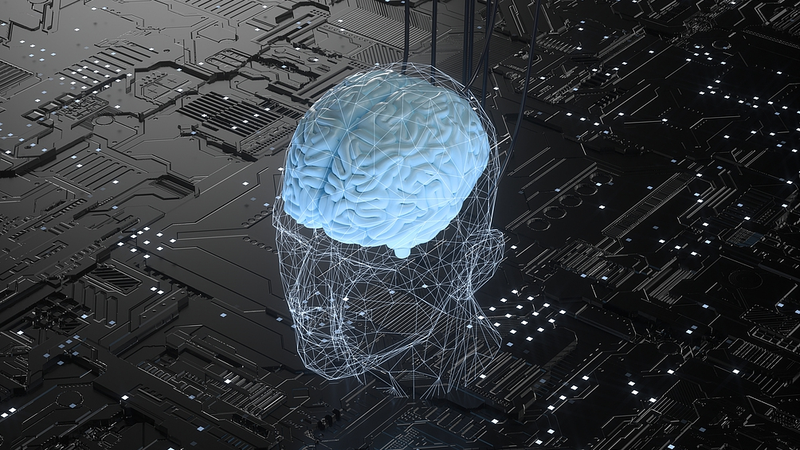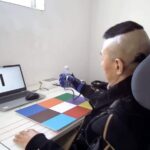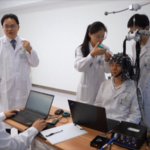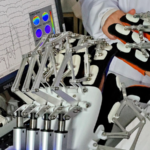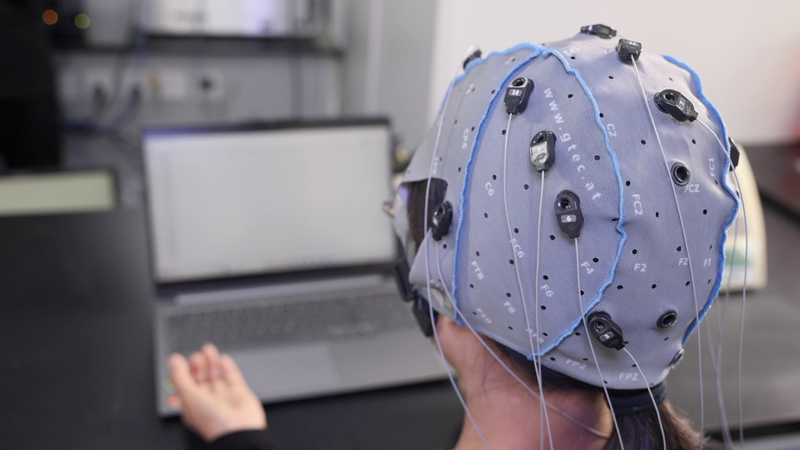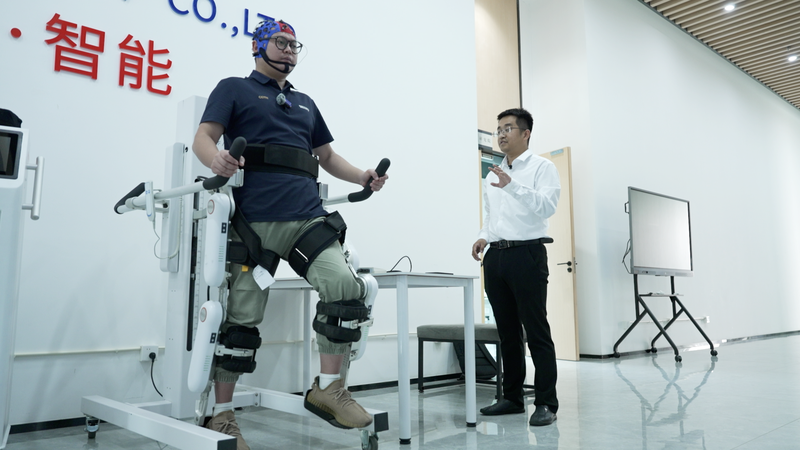Chinese researchers have achieved a groundbreaking milestone in brain-computer interface (BCI) technology, successfully completing the world’s first clinical trial using implanted microelectrode arrays to precisely locate deep-seated brain tumors. The innovation promises to transform neurosurgery and neurological care globally.
A Leap in Precision Medicine
Developed by the Aerospace Information Research Institute of the Chinese Academy of Sciences and the First Affiliated Hospital of Harbin Medical University, the NeuroDepth device enabled surgeons to accurately detect tumor boundaries in a glioma patient who had lost speech function due to tumor compression. Post-surgery, the patient showed marked improvement in language ability, marking a triumph for both medical and engineering teams.
How NeuroDepth Works
Unlike traditional electrodes limited to surface-level signal detection, NeuroDepth captures neural activity across cortical and subcortical regions while monitoring neurotransmitter levels. This dual capability provides real-time navigation during surgery, allowing doctors to remove malignant tissue while preserving healthy brain structures. Associate researcher Wang Mixia emphasized the device’s ability to “record signals from deep brain structures,” calling it a “paradigm shift” in tumor treatment.
Beyond Cancer: The Future of BCIs
While initially targeting gliomas and brain metastases—tumors notorious for their unclear margins—researchers plan to expand NeuroDepth’s applications. Upcoming projects include vision and hearing restoration systems, as well as endovascular interfaces to aid motor recovery in paralyzed patients. This aligns with global efforts to harness BCI technology for treating neurological disorders.
The breakthrough underscores China’s growing role in advanced medical research, offering new tools to address complex health challenges while opening doors for international collaboration in neurotechnology.
Reference(s):
China's brain chip tech achieves tumor localization breakthrough
cgtn.com
